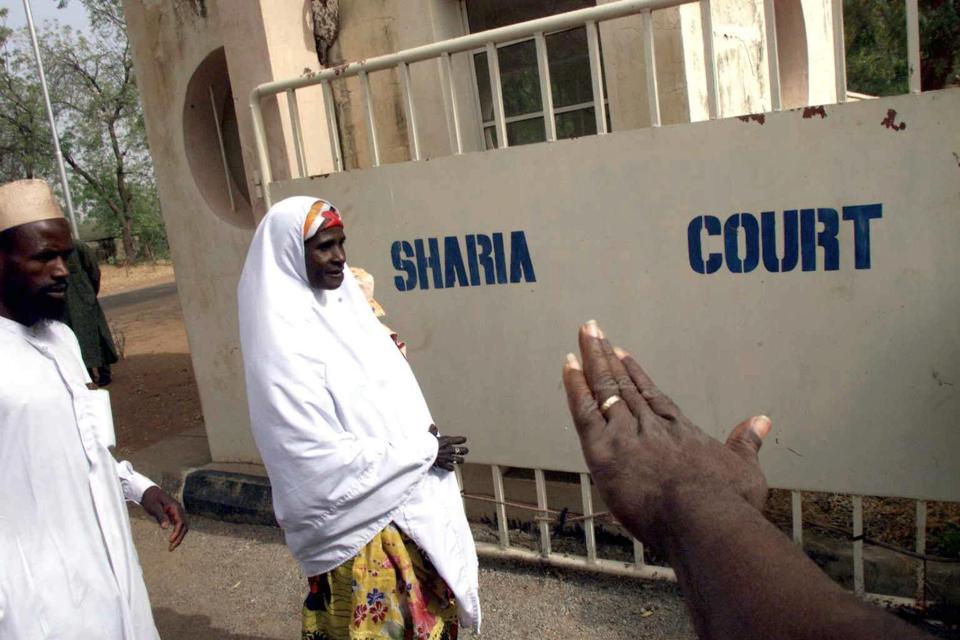There are no products in your shopping cart.
| 0 Items | £0.00 |


SHARIA courts in Yobe State may soon be going digital dispensing judgement virtually cutting out the need for physical attendance in all matters as part of a drive to clear the backlog of cases before them.
As far back as 1999, sharia courts began to emerge across northern Nigeria and 12 of the country's 36 states in the north of the country adopted Sharia law. Highly controversial at the time, the measure was seen as an attempt to Islamise Nigeria and to allay such fears, it was made clear that the Sharia courts would have no jurisdictions over non-Muslims and anyone charged before it would have the right to a conventional court if they wanted one.
Despite all these fears, the sharia court has come here to stay and one of the reasons why they are popular is because they have helped clear the huge backlog of court cases in Nigeria. It now appears that this process will be accelerated as the new Yobe State grand khadi, Alhaji Abba Mammadi, has said that the sharia courts will soon begin to use technology in their operations for the speedy dispensation of justice.
Speaking shortly after he took the oath of office and allegiance at the Damaturu Banquet Hall in the grounds of Government House, he pointed out that elsewhere, technology was being used to get around such problems. Alhaji Mammadi is Yobe State's seventh grand khadi appointed into office since the state was created in 1991.
He said: “As the new grand khadi of Yobe State, it is my ambition to see that we leverage the use of technology into the sharia system, to assist in the dispensation of justice. Because, presently we are doing what is called long writing during court proceedings but our colleagues in other jurisdictions have already started using technology.
“So, one of my ambitions is to introduce the use of technology into the sharia system in the state so as to catch up with modern trends."
Nigeria's sharia courts are judicial bodies that apply Islamic law to resolve disputes and administer justice among Muslims. These courts also operate alongside conventional courts and have jurisdiction over civil matters, such as marriage, divorce, inheritance and family matters among others.